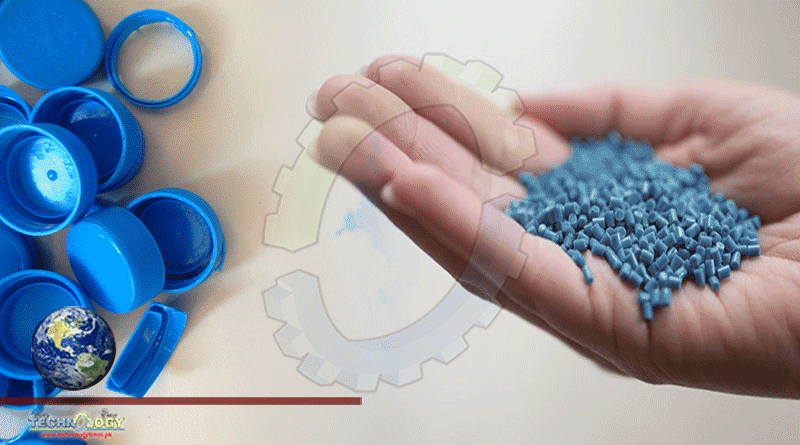2020 Is The First Year Where Human Mass Has Hit About 1.1 Trillion Tons, Which Now Exceeds The Overall Global Biomass

Human production of materials such as plastic, asphalt, and metal now collectively outweighs every other living organism on Earth. Research from the Weizmann Institute of Science in Israel, according to The Guardian, estimates how human-made mass has changed from 1900 to the present day.
The results indicate that humans are doubling their mass imprint every 20 years and each individual person adds more than their own bodyweight to the world each week. 2020 is the first year where human mass has hit about 1.1 trillion tons, which now exceeds the overall global biomass. In 1900, human-made mass only equaled about 3% of the global biomass. Humans have also wiped out about half of plant mass “since the first agricultural revolution,” which National Geographic believes to be about 12,000 years ago.
“While modern agriculture utilizes an increasing land area for growing crops, the total mass of domesticated crops is vastly outweighed by the loss of plant mass resulting from deforestation, forest management and other land-use changes,” the authors of the study write. “These trends in global biomass have affected the carbon cycle and human health. Additional human actions, including livestock husbandry, hunting and overfishing, have also strongly affected the masses of various other taxa.”
All land and sea creatures weigh about 4 billion tons, and plastic alone amounts to 8 billion tons. There was also a significant rise in human weight in the ’50s. The study believes that it was humans making buildings out of concrete instead of brick, and paving more roads with asphalt that led to the increase. Notable cases of slow growth among human mass were during the decade of the Great Depression and the ’70s energy crisis that greatly affected the western world.
This news was originally published at IGN
